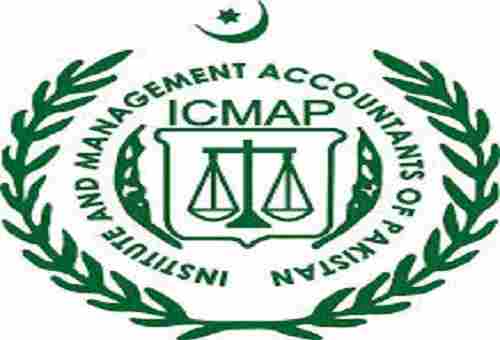Karachi, October 28, 2025 – The Institute of Cost and Management Accountants of Pakistan (ICMAP) has cautioned that the current 11% policy rate maintained by the State Bank of Pakistan (SBP) may not ease inflationary pressures, as the country’s price surge is mainly driven by supply-side factors rather than demand.
In its latest Monetary Policy Review, ICMAP stated that Pakistan’s inflation is primarily fueled by rising food, energy, and housing costs, while maintaining a high policy rate continues to dampen industrial output, discourage investment, and slow job creation.
“Pakistan’s monetary policy has reached its limit in tackling inflation,” ICMAP warned, emphasizing the need for decisive fiscal and structural measures to complement monetary efforts. The institute noted that while the real interest rate remains moderately positive, it has done little to stimulate growth in the absence of effective fiscal coordination.
The review recommended several policy interventions to control inflation and stabilize the economy, including:
• Rationalizing energy tariffs to reduce production costs;
• Strengthening food supply chains to prevent shortages;
• Facilitating essential imports to ensure supply stability; and
• Enforcing fiscal discipline to limit budgetary imbalances.
ICMAP also called for stronger coordination between the SBP and the Ministry of Finance, ensuring coherent decision-making that balances price stability with industrial growth.
To revive industrial confidence, the institute proposed a 100-basis-point cut in the policy rate in the next review, coupled with targeted fiscal incentives such as reduced energy tariffs and simplified taxation for key manufacturing sectors.
Concluding its analysis, ICMAP stressed that while monetary tightening can temporarily anchor inflation expectations, long-term stability depends on structural and fiscal reforms that address cost-push inflation, enhance productivity, and restore investor confidence.
The institute reiterated that a balanced mix of fiscal prudence, monetary stability, and reform-driven policies is essential to steer Pakistan toward sustainable economic recovery.
